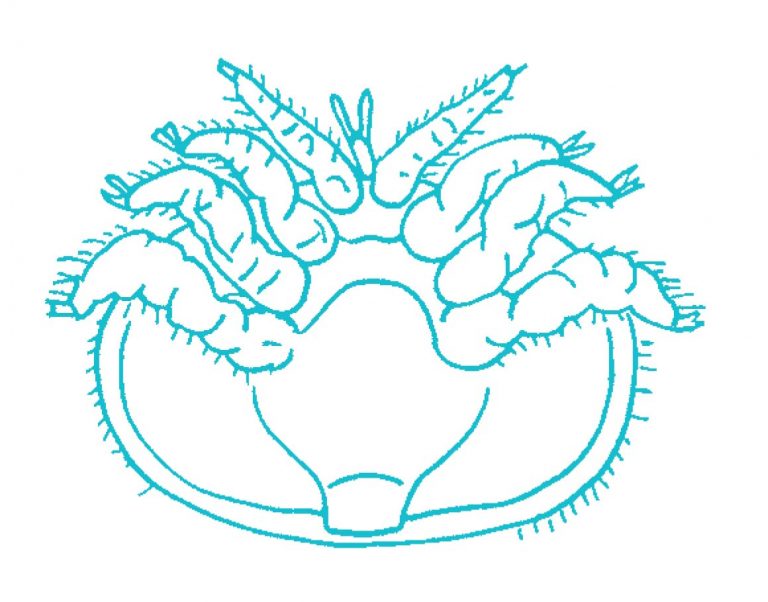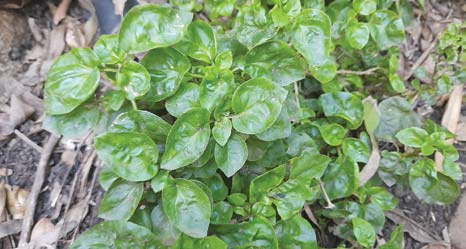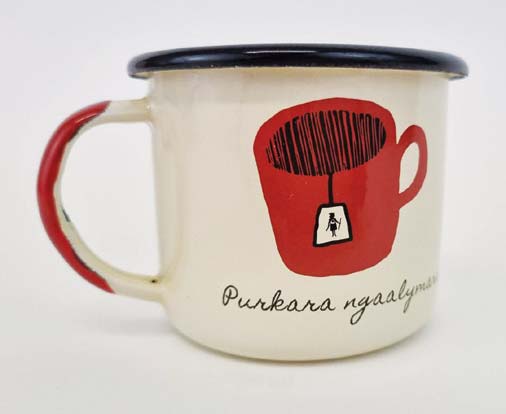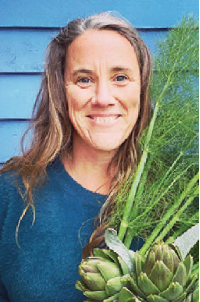Pip’s Mailbox: Letters To The Editor

We’d love to receive your feedback, questions, ideas or to see if we’ve inspired you to embark on any projects. Email your letters and photos to editorial@pipmagazine.com.au
Accessibility
I’ve had a life-long interest in gardens but as I age – I’m now nearly 77 – I’m not so agile. I’m interested in tips for composting, worm farms, weeding and herbs. But I can’t kneel down.
Dianne via website
You must have amassed a wealth of knowledge over the years and this is where sharing a garden can be such a great idea. You could share that knowledge with a more able-bodied person and together you could do great things. Otherwise everything raised is the go; raised beds, raised worm farms and smaller manageable compost systems. We’ll keep the articles coming. Robyn






